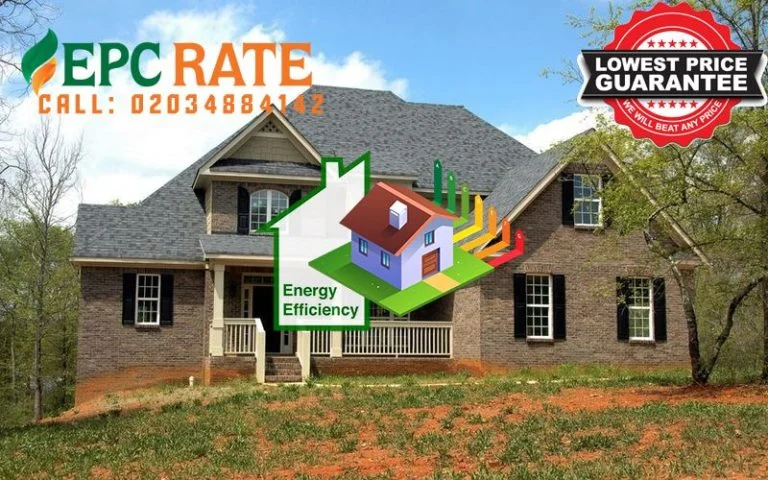An EPC energy assessor will want access to your whole house in a normal EPC assessment in order to completely perform your domestic energy evaluation. Your property's efficiency is assessed using a variety of different measures, which are then combined to provide a final Energy Performance Certificate.

How long does an EPC assessment take?
You’ll need to get an Energy Performance Certificate if you’re renting out a property, selling it, or even if you’ve constructed a home from the ground up (EPC). An accredited Domestic Energy Assessor (DEA) issues this certificate, which rates the energy efficiency of your home. Before the property is put on the market, EPCs must be ordered.
The length of the EPC survey is influenced by the size of the property. However, our residential energy assessor will normally spend an hour or two in your home inspecting its various rooms.
You won’t be required to move anything or be present because the residential energy assessment is a non-intrusive examination at your home.
Which aspects of the Survey will the EPC Assessor Consider?
They will sketch out a basic floor layout showing the property’s total floor space. After completing this, they will go around each room and record all pertinent information, including:
- The front of the property: Please attempt to locate the certificate or guarantee pertaining to the insulation and present it to the assessor at the time of the assessment if the cavity of the exterior walls has been insulated and subsequently rendered over, or re-pointed.
- Age and type of property.
- Construction materials: If you can, attempt to show the assessor part of the insulation that was installed during a renovation of the home. Alternatively, you may give the assessor formal evidence of the work done at the time of the assessment.
- Thickness of walls.
- Heating controls and systems.
- Details of hot water cylinder.
- Floor construction.
- Type of window glazing.
- Lighting: If your low-energy light bulbs are hidden by coverings, think about taking some of the coverings off so that photos may be taken.
- The rear of the property: If it has been expanded or the loft has been converted, attempt to determine when the work was done and acquire the Building Control Completion Statement (this is particularly important regarding loft conversions). The assessor is obliged to input the date as the house’s original construction date if a completion statement for a loft conversion is not available. In this case, the EPC software will apply the insulation levels in line with the building rules in effect at that time.
- The loft: If the loft is mostly boarded and there is insulation behind the boards, you might want to remove part of the boards so the assessor can take measurements.
- Electric and gas metres.
How long is an EPC valid for?
Energy Performance Certificates are good for 10 years, thus they can be utilised at any time during that time to sell a home. Before the ten years are up, you could think about having another EPC survey done if you’ve worked hard to make your house more energy efficient to see how your efforts have affected the rating on your property’s Energy Performance Certificate (EPC).
A better EPC rating may increase the value of your house and make it more appealing to potential buyers, which is another wonderful selling factor for your home.


